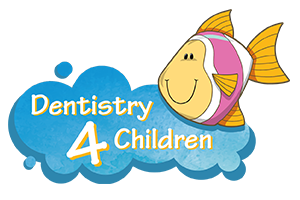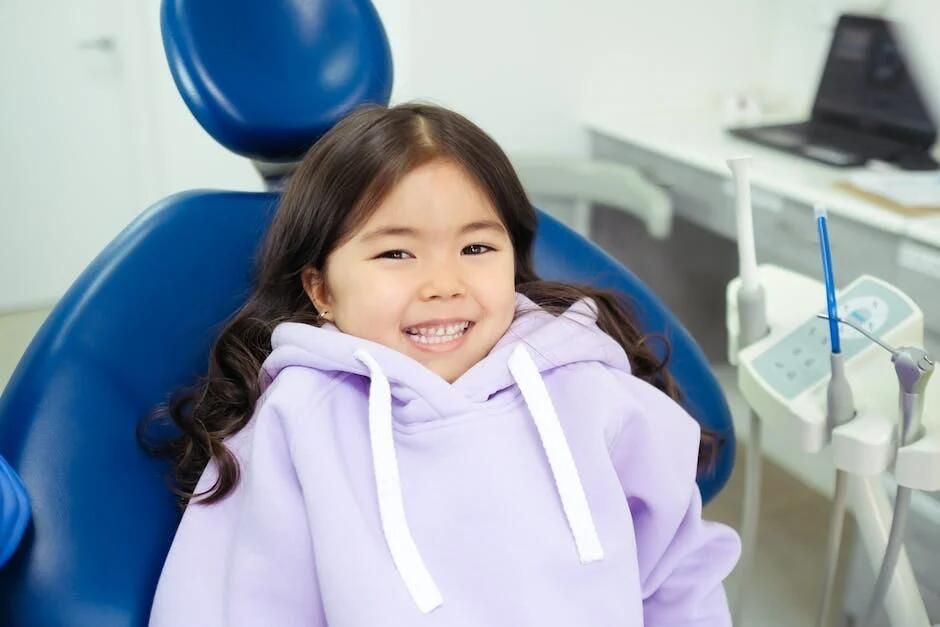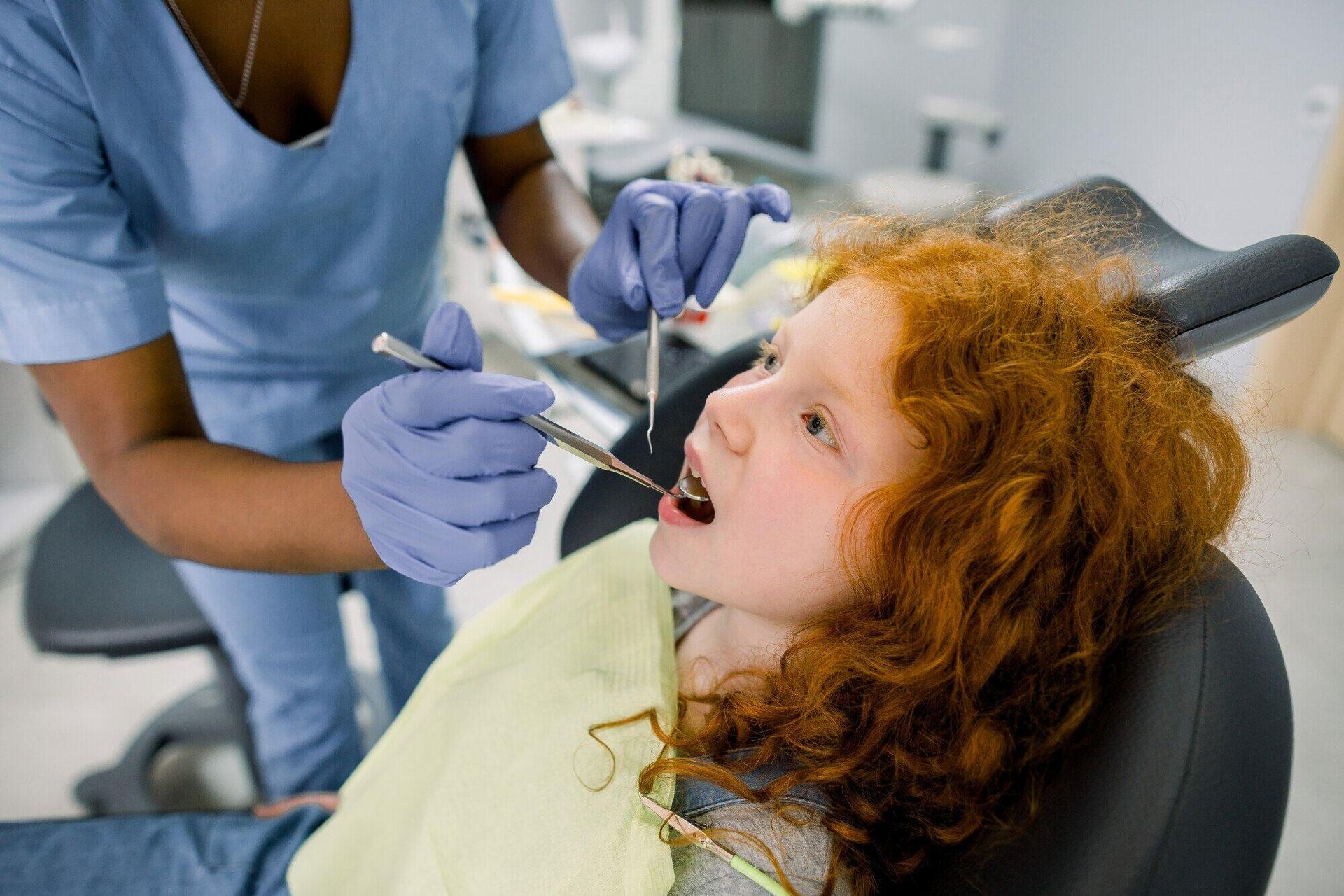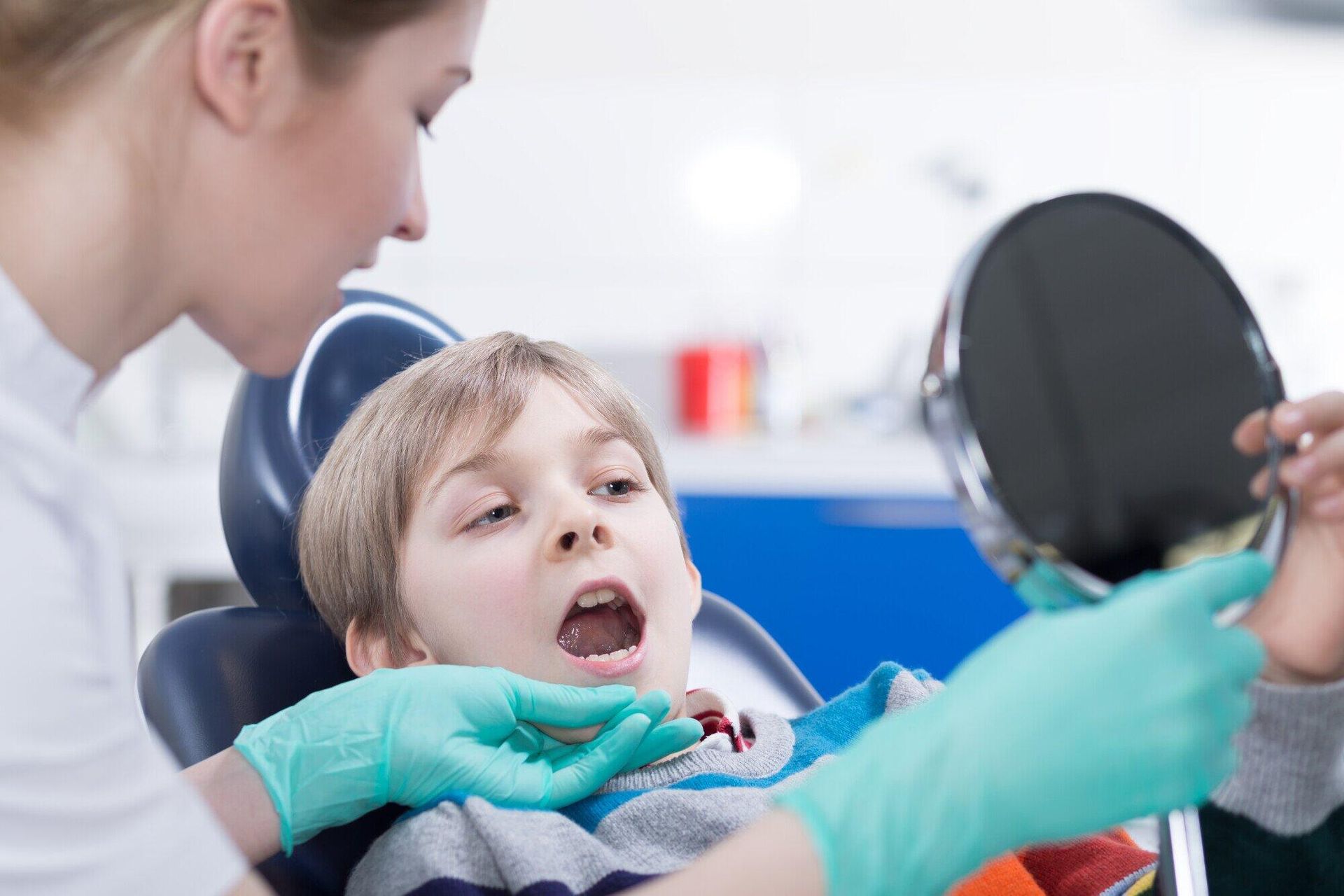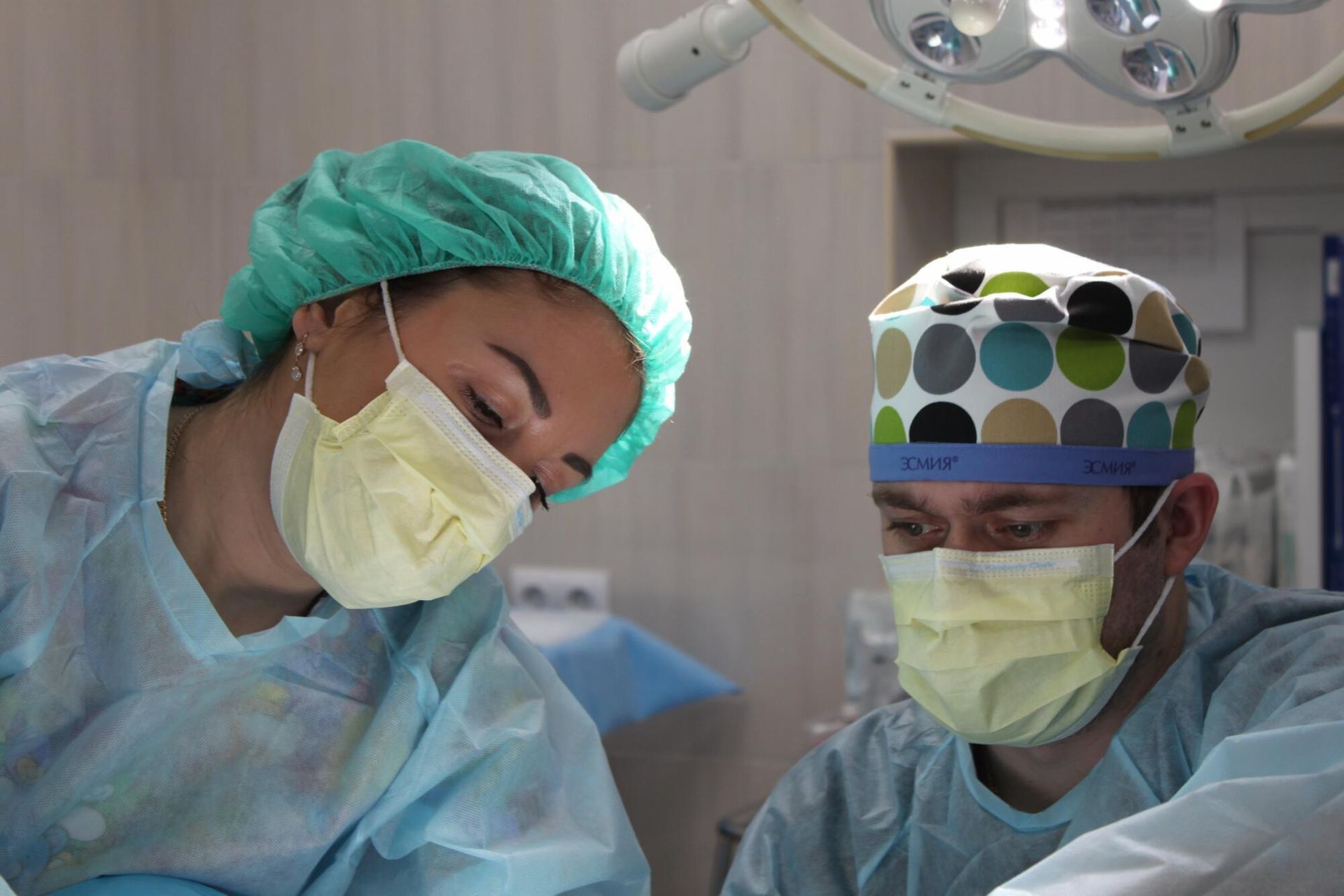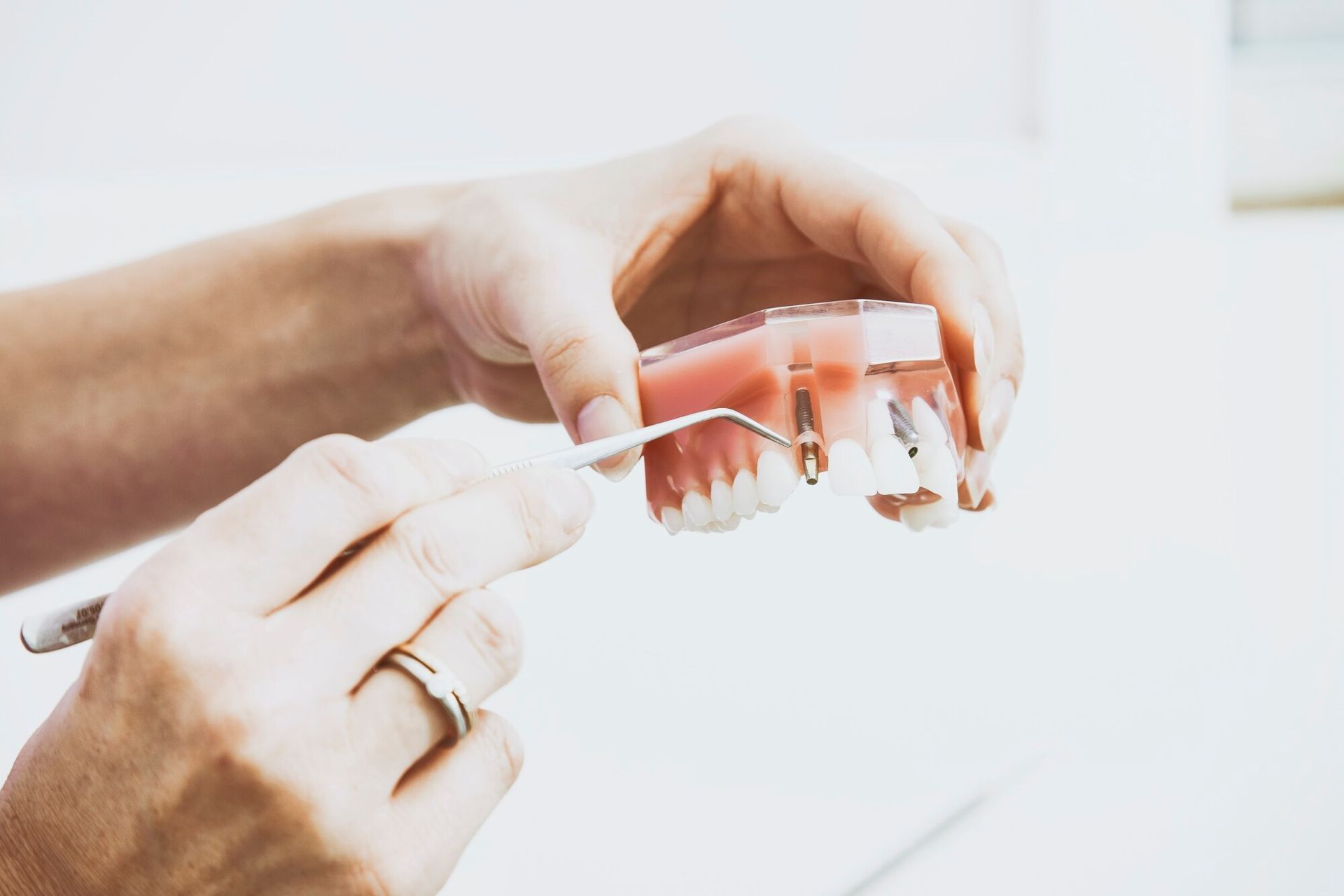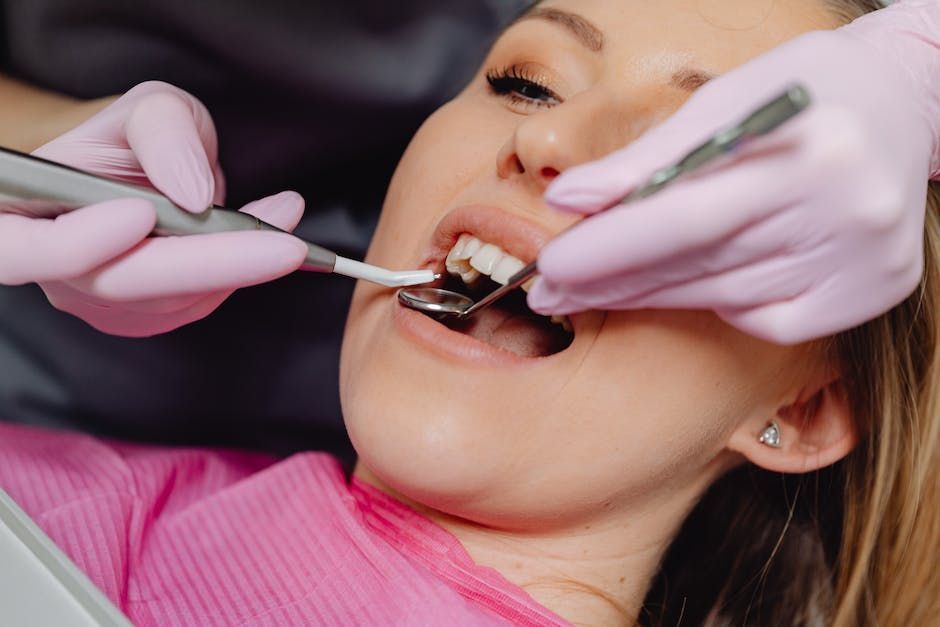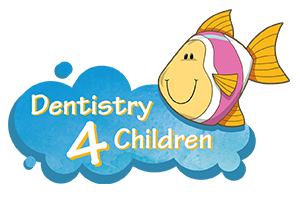How Childhood Illnesses Affect Dental Health: Prevention and Care Tips
According to a 2024 CDC survey, about 11% of kids aged two to five had untreated decay in at least one or more teeth. Moreover, 17% of those six to nine years old had untreated primary or permanent tooth decay.
While dental health issues often result from poor oral hygiene, some illnesses also increase the risk. Understanding the link between a child's overall and dental health can help you take the necessary precautions and avoid complications.
Here, we answer the question- 'Can bad teeth make you sick?' We will also explore the impact of illnesses on teeth and provide practical dental care tips.
Please continue reading to learn how to take charge of your kids' oral health even when they are not in great shape.
Can Bad Teeth Make You Sick?
Yes. Dental health plays a key role in children's overall well-being. Failing to take care of your kid's teeth can lead to complications like:
- Chronic pain
- Nutritional deficiencies
- Gum disease
If your child does not get treatment for cavities, they may develop dental abscesses. These pockets of pus are painful and can make your child avoid crunchy fruits and vegetables or chewy food. Without quick treatment, they will lack nutrients essential to their growth and health.
Gum disease may develop when plaque builds up along the gum, causing redness, swelling, and bleeding. Without quick intervention, the condition may progress, leading to periodontitis, which can destroy the tissues and bones supporting your child's teeth.
The Link Between Illness and Oral Health
When sick, your kid may forget to care for their teeth and gums or feel too tired. However, neglecting dental care can lead to long-term problems. Let us explore how various child illnesses affect oral health.
Cold and Flus
Colds and flu are common in kids, especially during the school year. While these conditions primarily affect your child's respiratory system, they can also significantly impact their oral health.
For example, they may reduce their water intake, leading to dry mouth. If your child does not have enough saliva, they will not be able to neutralize acids and control bacterial growth. As a result, they have a higher risk of developing cavities and gum infections.
Congestion from colds and flu can make your child breathe through their mouths, especially at night. Unfortunately, doing so also dries out the mouth, making it hard to fight bacteria.
Many liquid medications and cough syrups contain added sugars to encourage kids to take them. If your child uses them and does not brush properly, the sugar will coat their teeth, increasing bacterial growth.
Ear Infections
When your child has an ear infection, the pain may extend to the jaw area, causing pain and discomfort when eating and brushing. These two issues can allow bacteria to thrive, leading to plaque buildup.
Ear infections can also cause inflammation, which might spread to the gums. Without proper treatment, this irritation increases the risk of severe gum issues like periodontitis.
Preventing Dental Issues During Illness
Here are some steps you can take to care for your child's teeth, even when they are unwell:
- Ensure they stay hydrated
- Choose sugar-free medications
- Maintain their oral hygiene
- Replace their toothbrush after an illness
Drinking plenty of water may prevent dry mouth and keep your child's teeth healthy during an illness. Encourage them to sip water regularly throughout the day, even if they do not feel thirsty.
You could also prepare nutritious soups to increase their water intake. Alternatively, give them warm herbal teas without added sugar and water with some natural fruit juice for flavor.
Sugar-free medication can reduce the risk of plaque buildup when your kid is sick. Ask your pediatrician for recommendations when they prescribe syrups.
If you cannot find sugar-free versions, rinse your child's mouth with water after they take the medication. Further, avoid administering it right before bed to reduce their exposure to sugar. Instead, please give them the medication early and ensure they brush and floss before sleeping.
Following an oral hygiene routine may seem the last priority when your kid is unwell. However, it can prevent dental issues and related complications. Use these childhood dental care tips to improve their oral health:
- Get them a soft-bristled brush for gentle cleaning
- Use fluoride toothpaste to strengthen the enamel
- Help them brush to ensure they are thorough
Germs can linger on your kid's toothbrush, potentially leading to reinfection. Replace it after they recover to avoid reintroducing an illness into their body.
Improving Dental Health in Children With a Pediatric Dentist in Friendswood, TX
Finding a good Friendswood, TX dentist can improve your child's dental health and teach them good habits. Here are various ways a specialist will help:
- Offering tips for maintaining good oral health during illnesses
- Catching potential dental issues early
- Providing specialized treatments to avoid infections
A pediatric dentist will advise you and your child on caring for their teeth when sick. They will also explain how different measures can avoid issues like dry mouth and plaque buildup. Following their advice can ensure your child does not develop cavities or gum issues while recovering.
Visiting a Friendswood children's dentist for regular checkups can help detect issues like:
- Misaligned teeth
- Chipped teeth
- Cavities
The specialist will then offer early treatment to save your child from pain. Their intervention may also prevent overcrowding or jaw alignment issues, avoiding the need for complex treatments later.
Children are more prone to cavities because they enjoy sugary snacks and drinks. A pediatric dentist will conduct exams and offer professional dental cleaning to remove accumulated plaque and tartar. They can also provide preventative treatments, like sealants and fluoride, to protect your kid's teeth from decay.
Get Expert Care for Children’s Teeth at Dentistry 4 Children
Without the proper precautions, childhood illnesses may lead to dental health issues. Encourage your child to hydrate and maintain good oral hygiene.
Besides, consult a Friendswood pediatric dentist to detect dental problems early and ensure your kid gets treatment. With their expertise, you will answer questions like- 'Can bad teeth make you sick?' and apply effective preventative measures.
Dentistry 4 Children has a highly trained team offering dental care for kids, including those with special needs. Our founder, Dr. Lisa Richardson, has over 20 years of experience and partners with skilled associates.
Check out our site now to explore our services.
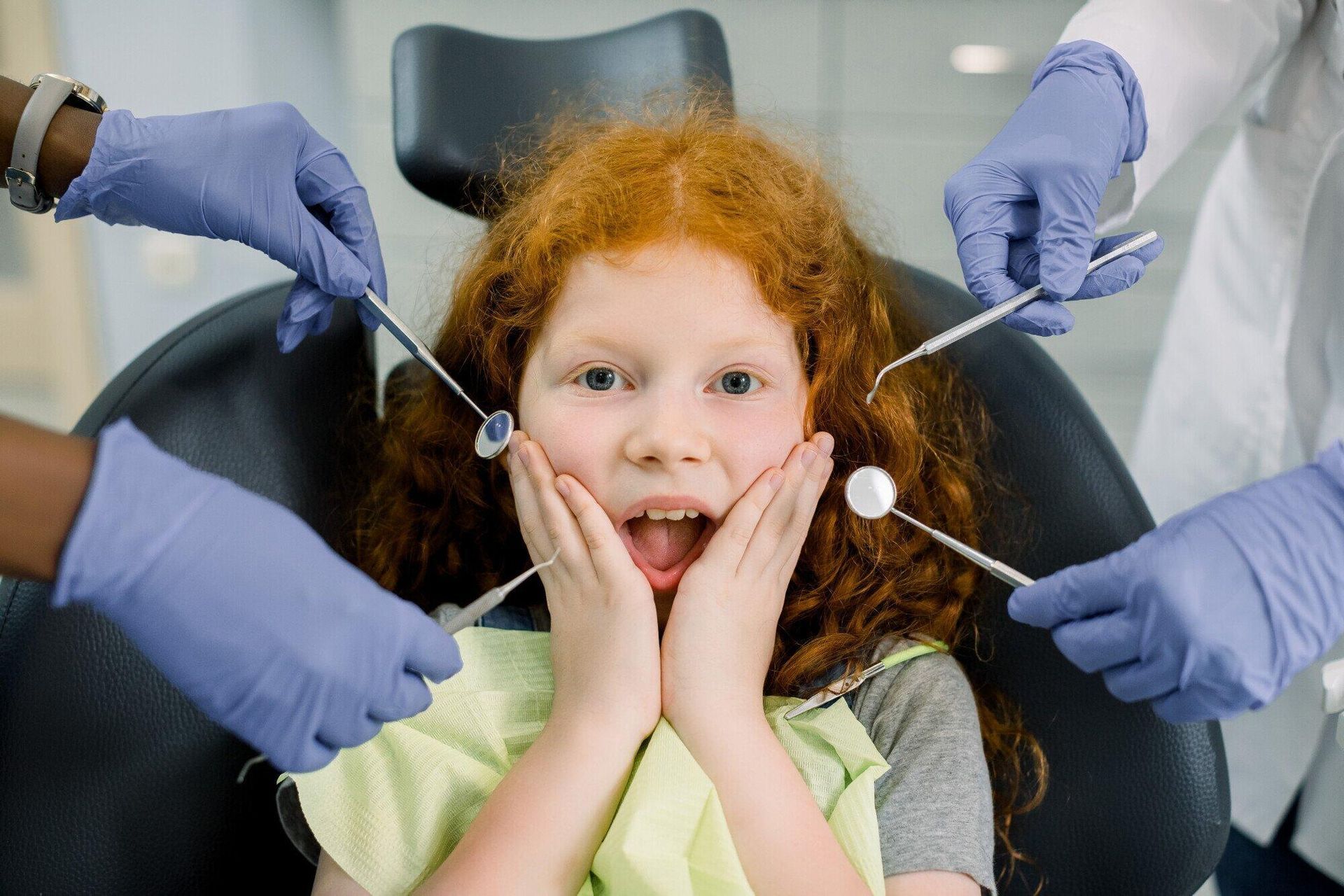
For Kids
For Adults
All Rights Reserved | Dentistry 4 Children | Bay Area Dental Specialists
Website designed and maintained by Xpress, INC
